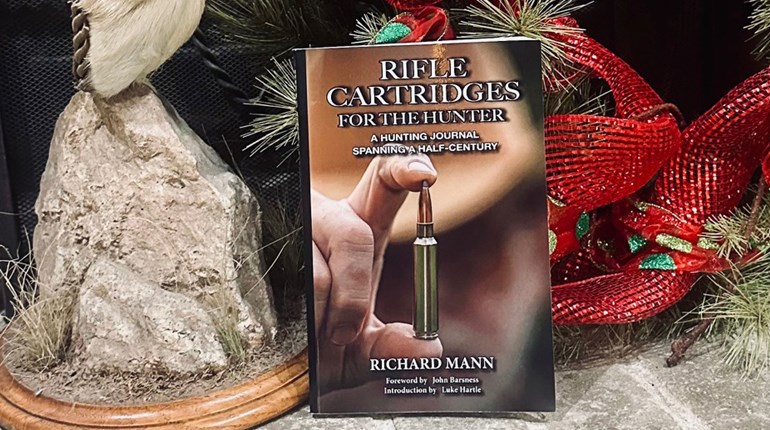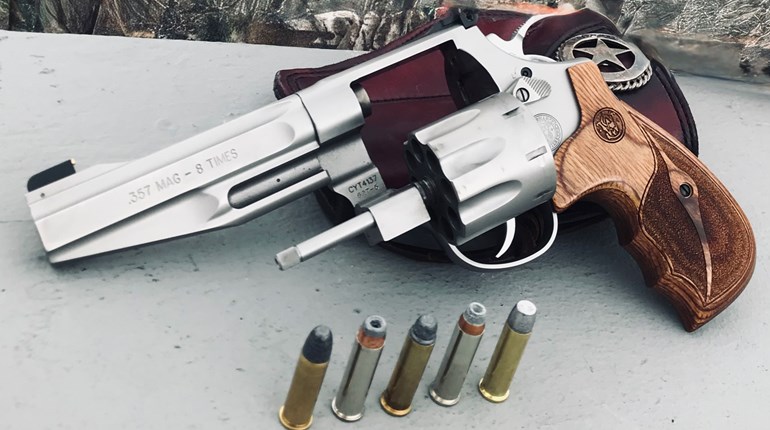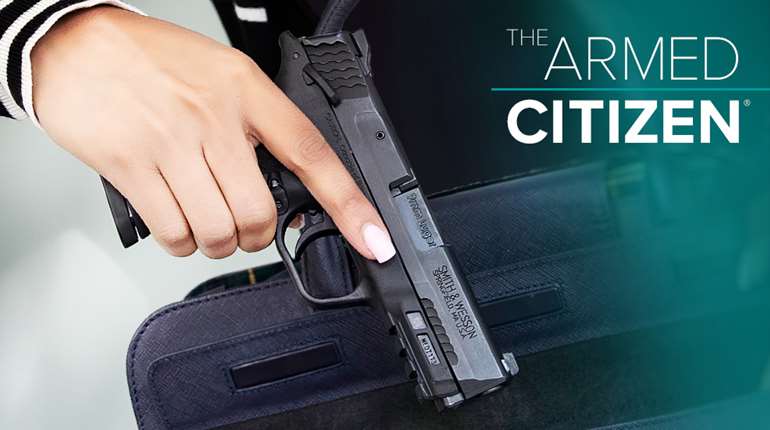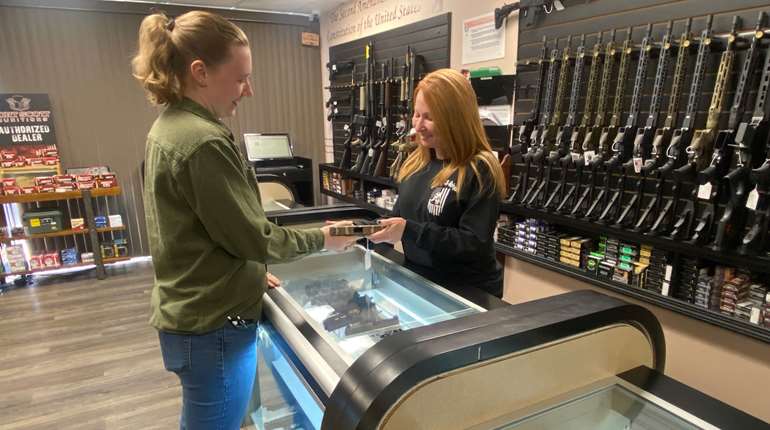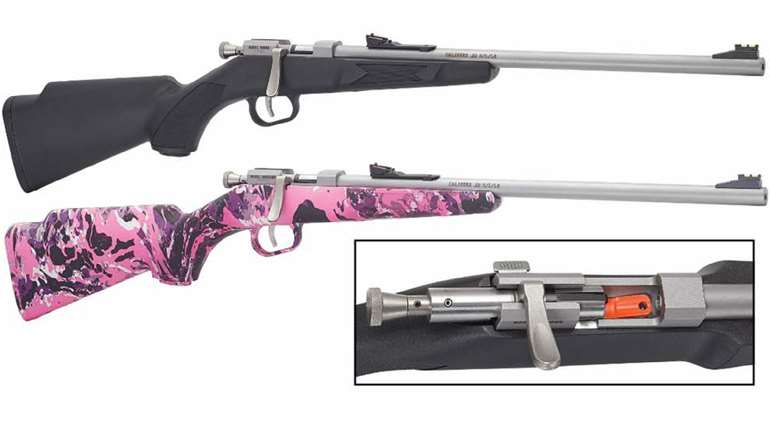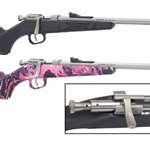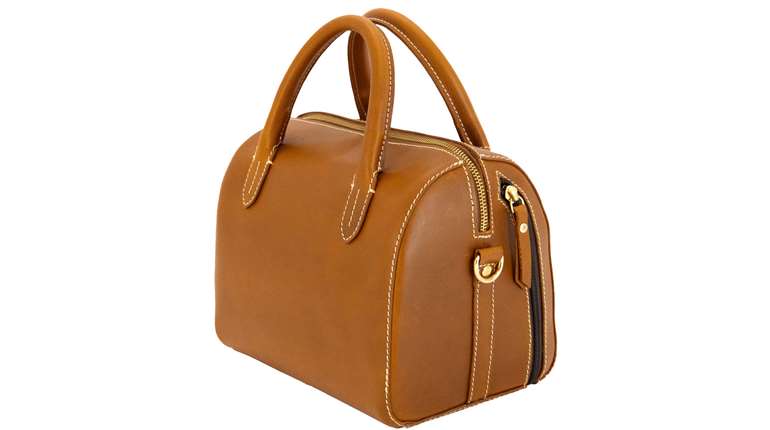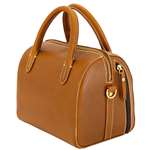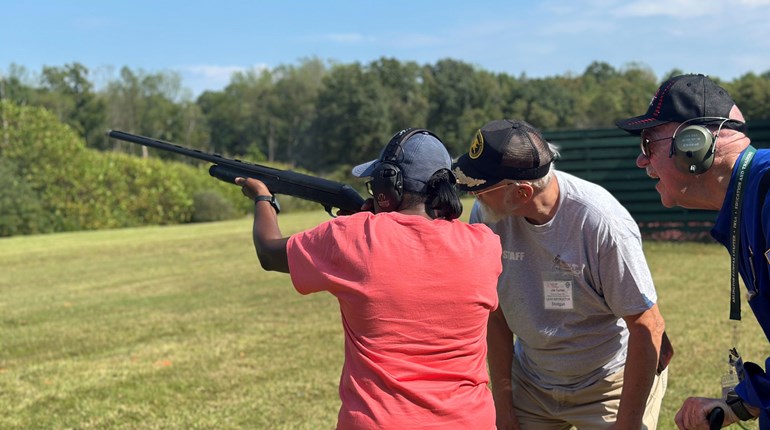
If you hunt, you probably have a backpack that stays packed year-round—ready to go in case a hunting opportunity presents itself. The pack is likely filled with items all hunters need for a successful hunt: binoculars, rangefinders, extra ammunition, and skinning and field dressing knives.
But what about the items you do not think about until you need really them, as in right now! It is always the incidentals that can turn a good hunt into a stressful hunt. How many times have you thought, “I forgot to put this in my pack, again!” Make a list of the extra essential items you needed, and keep that list in your pack. That way, before the next hunt, you will find the list of the items you normally forget to pack.
Extra Pens
Most large game animals require a tag to be filled out when taken. Game wardens will tell you the most common hunting violations they encounter are incomplete or improperly completed tags. Most states require that the information be filled out completely and in ink. An incomplete or improperly filled out tag is practically the same as having no tag at all. It is the hunter’s responsibility to ensure that they not only have the proper licenses and tags, but the ability to fill them out correctly.
There are two reasons hunters fail to comply with these requirements. The first is that the hunter forgot to bring a pen. This demonstrates carelessness or a total lack of regard for his or her responsibilities as an ethical hunter. It the hunter’s responsibility to obey the law and to make sure he or she has all the necessary tools to be legal.
The second reason is that the hunter brought a pen that does not write. Always take a handful of pens with you because if you only bring one, Murphy’s Law will dictate that it will not write. Check them before you go to make sure they work. You might be in extreme weather and one pen might write better in the cold and one might write better when it is raining. It is also important to remember that licenses and tags are often printed on weather-resistant paper. Some ink pens just do not write on this type of paper, so make sure your pens are able to fill out the information on the weather resistant qualities of the tag.
Trash Bags
Trash bags are very important to keep in your hunting pack. They do not take up much room, are lightweight, and have many uses. First, trash bags can be used for what they are designed for: trash. Not only can you use it to clean up after yourself, but an ethical hunter also cleans up the area so he or she leave the land better than they found it.
Trash bags are practical if it starts raining or snowing. By cutting a hole in the bottom and slipping it over your head, you have an instant poncho. A trash bag can also be used to cover your pack, rifle or any other item you do not want to get wet.
Trash bags are very useful if you have a successful hunt. Large bags can be used to hold game quarters such as shoulders or hams. Smaller bags can be used to hold whole game birds or animals such as squirrels or rabbits. If you have strong, heavy-duty trash bags, they can be used to pack out the quarters and keep blood from getting all over you.
Toilet Paper
Toilet paper is one of those items that if you need it and do not have it, panic will ensue! Any toilet paper that you take to the field should be biodegradable. Toilet paper has many uses besides the obvious. It makes great flagging markers when following a blood trail. Using small white pieces to mark a trail is easy to locate when backtracking because it is bright and moves in the wind. Remember to recover and dispose of the pieces you’ve used to mark your trail in your trash bag before you leave the woods.
Toilet paper can also be used as paper towels. It can be used to blow your nose, clean the blood off your hands after you field dress your game, and can be used to clean blood, mud and dirt off your trophy animal before you take pictures. Once, again all used toilet paper needs to be disposed of in the trash bag you brought with you before you head out of the field.
Zip Lock Bags
Zip Lock bags are one of the modern miracles of our world. We use zip lock bags for everything: sandwiches, snacks and keeping loose items together. They can also be very effective to keep your phone, license, and other small items dry and in one place. One of the most useful purposes of these bags is when you successfully take your animal, you can place the properly filled out tag inside the bag before you secured it to the trophy. This not only protects the tag from dirt or moisture, but keeps it secured on your animal as most regulations require.
Zip lock bags can also be used to hold small parts of your game after field dressing. Small loose meat such as the tenders, boned-out ribs, or boned-out neck meat can easily be transported with the game quarters.
Duck Tape
Duck Tape (or duct tape) can be used to fix just about anything! Duck Tape can be used to temporarily repair rips in your pack, replace straps, and secure loose boards within your hunting blind. It can be used as-is, in the width it comes in or it is very easily ripped into smaller strips if your job requires thinner tape. Additionally, if you need to secure something in the bed of your truck, most Duck Tape is rated to hold up to 200 miles per hour.
Duck Tape can also be used to secure your tag to the animal after you put it in a zip lock bag. By using the tape to secure your tag inside a zip lock bag, if a game warden needs to inspect your tag, it is easy to comply. All you need to do is remove the properly filled out tag it from the zip lock bag, allow the game warden to check it, then put the tag back in the bag and resecure it with more Duck Tape.
Haul Line
Haul lines are safety items. Haul lines are the best way to raise or lower your unloaded rifle or bow into an elevated stand or hunting blind. You reduce the risk of injury to yourself and damage to your equipment if you use a haul line while climbing a ladder to get into an elevated blind with your rifle or bow, if you should slip or fall. The number one non-firearm injury to hunters is falling out of tree stands and elevated blinds. All hunters should be in an approved 5-point safety harness anytime they are off the ground while hunting.
Haul lines can also be used to help in game retrieval. By tying the line around your game animal’s antlers or legs, it is much easier to drag out of the brush. Haul lines can also be thrown over a limb to raise your game to for field dressing and quartering.
Keeping these small but mighty items with you every time you head out to the field will make your hunting experience much more enjoyable and successful!













